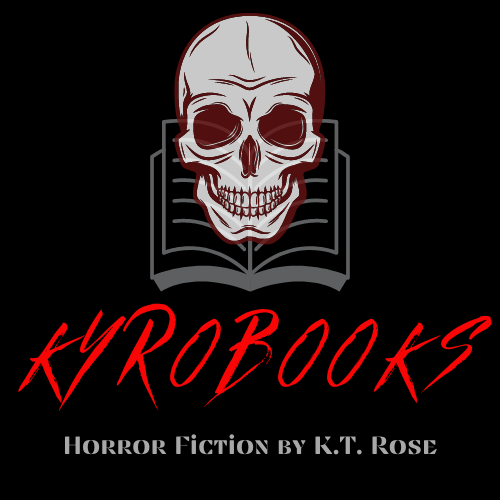Guest Post: What's Horror for?
Today we have a guest post from paranormal horror author, Sandra Glaze. In this post, she shares her take on horror and its relevance in literature. Thanks, Sandra and congratulations on your feature in Liquid Imagination!
Let's get grim!
There was a time when I was embarrassed to tell people that I write ghost stories for grown-ups. I’m over it.
What’s one of the greatest ghost stories ever told? A Christmas carol by the venerable Charles Dickens. One of my favorite books of all time is two-time Booker winner Hilary Mantel’s Beyond Black. Her protagonist, AlisonHart makes her living on the psychic circuit. She routinely tells her clients what they want to hear, not what the dead are actually saying to her - great premise, no? George Saunders recently scored a Booker for Lincoln in the Bardo, which is set in the graveyard where Lincoln’s young son Willie has been laid among some very troubled and troubling un-departed.
When I began to prepare to write this blog post I took one of the first books I ever read off the shelf. It’s a collection of short stories called Tales to Tremble By. The one that set me on my path is Ambrose Bierce’sMiddle Toe of the Right Foot, but it also includes stories by (again) Dickens, Washington Irving, Guy de Maupassant, F. Marion Crawford, and Bram Stoker.
My point, if it indeed it needs making, is that horror has a place in the literary canon. The reason I think this is worth saying here is to remind those of you who are working in the genre that you should submit your work widely. Two of my ghost stories, Gemma’s Inferno and Dust, have been published the UK literary magazines, Ambit and Tears in the Fence respectively.
What makes horror relevant? I just looked at my Twitter feed and saw what poachers had done to a rhino to amputate its horn and it was still alive. Horror is everywhere. What is it that makes readers seek out more and writers work so hard to give it to them?
Bruno Bettelheim believed that the purpose of fairy tales was to simultaneously warn children that the world is a cruel and dangerous place while assuring them that if you are careful and clever you can negotiate it safely. Remember, pre-Disney fairy tales were truly horrific. But, you leave a trail of bread crumbs, you’ll find your way out of the dangerous woods. Figure out what the witch is up to and you push her in the oven, and so on. Horror can work two ways. It can give you the vicarious thrill of danger while not actually being in it. And it can, in a way not dissimilar to mystery stories, assure us that eventually there is justice, or in our case a safe haven.
Connoisseur of the Quietly Creepy
I think of myself as a connoisseur of the quietly creepy. Mystories are about everyday madness. The impetus for the stories I am currently working on came from Simon Raven’s Remember Your Grammar and other HauntedStories, which I stumbled on in a second-hand bookstore in Venice. In Raven’sstories people accept the paranormal as normal. That got me thinking I could use the ghost story to explore the poisonous obsessions of “normal” people.
While still in Venice I was making my way back to my apartment in the gathering dark when I saw a single light on in an apparently abandoned palazzo. Venice is one of the most visited cities in the world. Real estate is at a premium. Why would such a large building on a major thoroughfare have only one occupant? Obviously, that occupant wasn’t of this earth. Thus the first story in my collection was born. That story, When You Come to Venice, is going to appear later this month in issue 41 of Liquid Imagination
I’ve found horrific inspiration in the oddest places. The Resident Guest was inspired by someone's insensitive interpretation of a Hardy poem. What can I say? I’m a nerd. Another by the involuntary recoil of a wife from her husband’s kiss. The idea for Gemma’s Inferno came to me when I read that Dante’s daughter chose Beatrice for her name as a nun.
To sum up, horror’s enduring popularity arises from the fact that it lurks everywhere. It’s in the headlines, but it also threatens from that spot in our peripheral vision where we aren’t sure if we saw something. Horror starts on the fringes and makes its way into the mainstream. I'm thinking of Frankenstein, Dracula, and, yes, Scrooge. In short, there will always be readers in need of creepy comfort.
